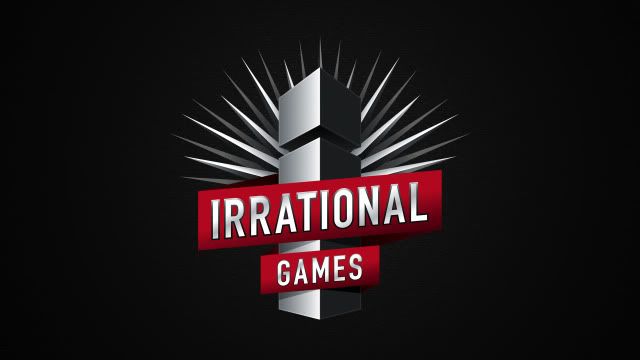This post has not been edited by the GamesBeat staff. Opinions by GamesBeat community writers do not necessarily reflect those of the staff.

One of the more honestly depressing articles that I've ever written was regarding the fact that developer Obsidian lost a bonus for getting a review score of 84 when they needed an 85 for the average Metacritic score on Fallout: New Vegas. Well, apparently when Irrational Games looked at that kind of setup, they decided, "Hey, that sounds like something we should really have as a job requirement."
Words honestly fail me. Perhaps only an angry, blender-like noise can be heard now. That's what I'm capable of vocalizing at the moment.
If relying on a Metacritic score is something that I think is a bad idea for deciding on whether to hand out bonuses, then it's safe to say that I think relying on it to determine if someone gets a job is one of the most insanely stupid ideas I've heard.
Let's look at how it measures against just a few of the other requirements listed for the position.
• 6+ years as a game designer in the video game industry.
• 4+ years of experience managing direct reports.
• Shipped a minimum of 3 game titles from preproduction through ship.
All of those requirements are quite strict, but given that the position is for a design manager, they make sense. You'd want someone in such an important position to have a marked degree of expertise in video game design and management because that's basically what the bulk of the job is.
The shipped titles also makes sense as a sort of yard stick because someone can be a solo designer who only makes homebrews and still have the prerequisite experience despite never having put out a game to the public. The requirement to actually have games on the market prevents the aforementioned scenario from occurring.
The Metacritic score doesn't have that same weight for a number of reasons. As this GamesRadar article elaborates, a game's overall score cannot be attributed to one single person except in extremely rare cases. The performance of the entire group behind the work is what's important, and even if this person did a fantastic job, the game might have just been a bad or doomed project from the start.
Another reason that will sound familiar is the exact same one that I gave previously: The Metacritic score is indicative of basically next to nothing. It doesn't take into account things like units sold. It's merely a fraction of the professional critics who are out there. Getting an 85 on Metacritic is basically an issue of luck almost as much as it is one of having a good game; such a high score is already within the top percentile, and an 85 seems like an arbitrary number to enforce.
Perhaps the Metacritic score won't be a requirement for the final competition, but no doubt that seeing it on the application might cause some people — who would be great for the position but haven't had any luck with the fickle nature of the site — to not even bother in the first place. The fact that it's under requirements and not pluses is extremely telling and makes a world of difference.
Again, I don't believe that Metacritic itself is to blame for this; rather, it's the fact that the game industry seems to be relying on it these days to determine far more than it should, which now unfortunately includes whether a person is actually eligible for a job in the first place, not just whether they get a bonus or not. This is not a step in the right direction.
